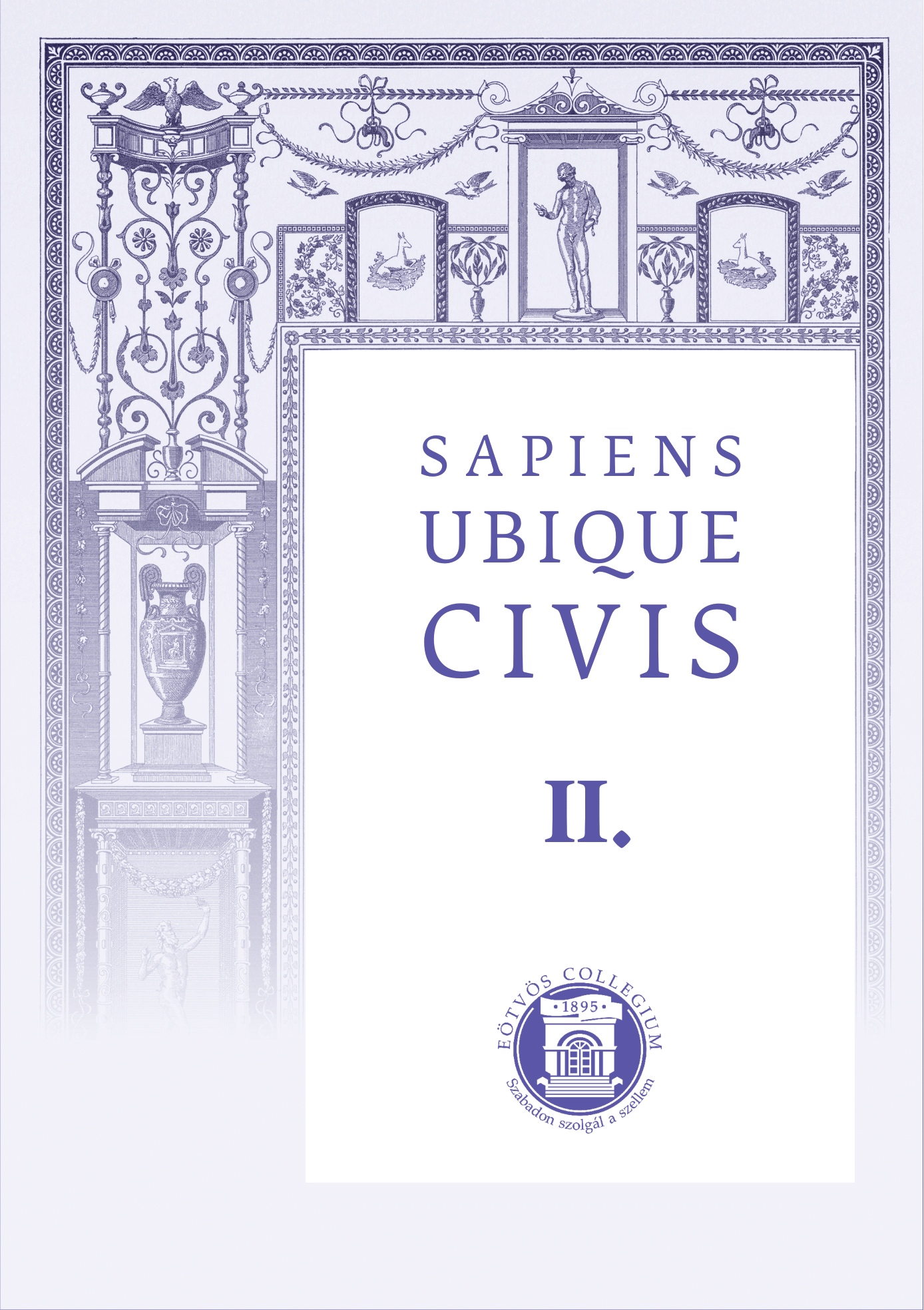Praise Poetry in Distress?
Melancholy and Criticism in Pindar’s Isthmian 7
DOI:
https://doi.org/10.14232/suc.2021.2.9-43Keywords:
A. Boeckh, B. G. F. Currie, hero cult, Isthmian 7, Pindar, Thebes, Tyrtaeus, D. C. YoungAbstract
I am revisiting the old interpretation of Isthmian 7 by A. Boeckh as a melancholy piece and its refutation by D. C. Young. Three passages of Isthmian 7 are analysed and it is found that there is good reason to hold on to Boeckh’s idea of melancholy. In the following, I am asking what premises could give a unified picture of the ode that we have, and I offer two possibilities: either the ode was presented under conditions of crisis for a victory in sports – a personal crisis of Strepsiades and his family or of the nation of Thebes – and therefore had to be a vindication of the victor rather than praise, or the role of the victor’s uncle has been misunderstood in the past and he is not only a fallen warrior but also a cult hero, like B. Currie has suggested, changing our understanding of the ode gravely.



